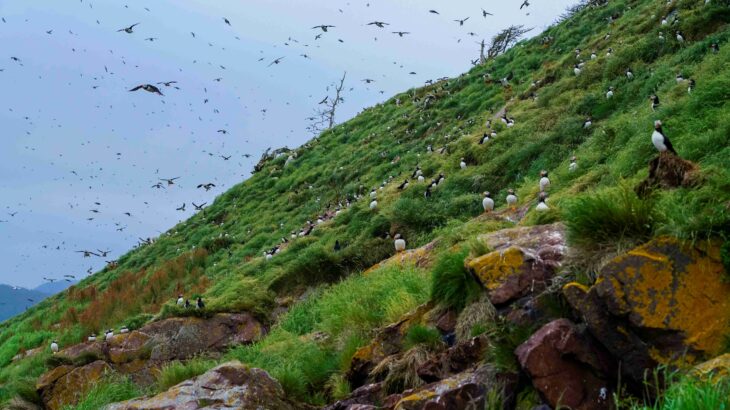Marine mammals are difficult for scientists to study; they spend most or all of their lives in and around water habitats. Because of their vastness (hundreds of thousands of square kilometers) and depth (thousands of meters), marine mammal habitats are difficult for humans to access and explore. Cetaceans – whales, dolphin, and porpoises – spend...
Continue reading
